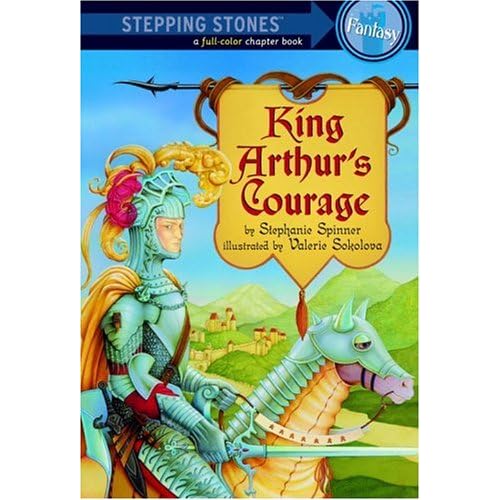
At that time, there was a maiden named Niapiartalep who had fallen deeply in love. As with all first loves, this love was heavy and unavoidable. De'viat, who adores love, of course knew of it- and watched over this maiden in her doings.
But this girl had fallen in love with a monk of the Jovers*, the name of which was Talbet. In those days, the monks of the Jovers took no women and swore themselves to chastity, and forbade themselves the sight of women. For it is said that De'viat also adores truthfulness and assumed virtue.
The idea to win him over from his vows came to Niapiartalep one evening when she was staring in the waters of the cave in which her home was. She observed the ripplings of the water, and the alteration of her face- and she said to herself 'What things are man and permanence, that even the water can change the appearance of both stone and flesh without a moment's effort? All things change. Let me change Talbet as well, that we be forever happy together. It is true he is a good man, and surely my father will approve of our union.”
But her father had refused many suitors before who had come to take flight with his daughter, and there was no reason this should be any different. Laden with problems and uncertainty, dear Niapiartalep went to sleep, tossing and turning because of her sadness.
Good De'viat came to her as she slept, looking sympathetically at her. "Surely you must understand that he has stepped from this life for something he considers meaningful," he said.
And Niapiartalep, who was still young and did not know to trust immediately the words of God, said "What you have said, good De'viat, is true- but my heart does not allow me to capitulate in this matter."
Good De'viat, ever patient and mild, responded "You will speak to him one time, tomorrow, and ask him his opinion on this matter. I who am steeped in love cannot deny you this request. If there is softness for you there in his heart, he will be yours."
Niapiartalep woke happily the next morning and ran to find Talbet, who was praying at the alter of Me're*.
"Talbet, have you never felt happiness at the sight of me?", she asked.
The monk said nothing, but turned his eyes from her and looked instead to the statue of the woman and her child.
"I said, Talbet, will you be the friend of my heart?"
He stood and walked from the church. The girl Niapiartalep followed, still hopeful that perhaps he had not heard her.
"I said, Talbet, will you come and be with me before my father?"
Talbet turned on her scorningly, his eyes hardened against her advances.
"You dare ask me such things in the house of my wife, the lady Me're- I ignored you, thinking that you were joking. And then you asked me again, after I turned my eyes to the only woman that I have ever loved. And still not after I walked away from you did you stop. You will have it from my lips, then: I have no love for you."
Niapiartalep turned and ran from him to her home, where she fell into a tearful, fitful sleep.
As she slept, good De'viat came to her again, saying:
"Niapiartalep, that man is a monk. Such men love only one thing- that God and the mother of that God. There is no softness in his heart, and love has here no power."
But Niapiartalep was so distraught that she could not even speak to De'viat, who hears and knows all things.
Good De'viat, who is of the Weyr, and from whom the Weyr have sprung, knew that to recover from such a love was impossible. So he went to lord Nu'kiam, saying:
"O Nu'kiam, you are the one who knows many things. I who know love better than all cannot find a solution. This girl will die from a love so deep."
And Nu'kiam said: "Give me this woman and I will have her be what even this man cannot resist- and she will be with him forever."
And De'viat consented, and Niapiartalep consented, and Nu'kiam in in his way took the girl and turned her into a flower which was the most brilliant blue that had ever been seen.
And lord Nu'kiam caused that from that flower would come forth many seeds, and they would sprout there in the courtyard where Talbet so often prayed, so that in the morning when Talbet came out, he would see them and exclaim: "Oh Father, surely you intended these to honor your mother, the woman of blue*!"
And this the monk did the next morning after he had finished his prayers- such was his joy at seeing the beautiful flower of faithful Niapiartalep that he fell to his knees and gathered a bunch of the flowers immediately, laying Niapiartalep to his heart.
And he gathered these flowers every morning and lay them on the alter to the blue lady, keeping good Niapiartalep close to his heart for the rest of his days.
------
*Jovers, Me're : An early group of immigrant Christians, the Jovers, made a name for themselves by settling on the plains of Atipica and creating monasteries there (which had previously been unknown on Wytn). The Jovers still exist in very small numbers in Atipica, but mostly in their monasteries, where they number around 300. The sandic name of Mary (The Christian and Jover 'mother of god') was 'the blue woman' (so named for her blue cloak), or Me're.
 *
* ****
**** **
** ***
***

